‘Money, greed drive West support for S Arabia’
The United Kingdom is known to have been a major arms supplier to Saudi Arabia, a country which has been waging a bloody military aggression against its southern neighbor Yemen. Only recently, a newly-revealed report indicated that British Foreign Secretary Boris Johnson had issued explicit directives, calling on the government to continue supplying the Persian Gulf monarchy with deadly weapons. Press TV has asked two experts why they believe the British government has refused to stop selling arms to Saudi Arabia which has been blamed for massive human losses and the utter decimation of infrastructure in Yemen.
Naseer al-Omari, author and political commentator from New York, believes that British and American authorities are supportive of dictatorial regimes in the Middle East, including Saudi Arabia, to ensure their own interests in the region.
“Money and greed” are two factors driving London and Washington’s support for repressive regimes in the region, Omari said.
Washington and London are playing the game of selling arms to Saudi Arabia and encouraging Arabs and Muslims “to kill each other” as a way of drawing the oil money into their own economies, he analyzed.
“These [Western] democracies are causing and contributing to the ills and problems that are happening in the Middle East,” the expert added.

In an attempt to push for selling more arms to Riyadh, Secretary Johnson played down the Saudi airstrikes that killed 140 Yemeni people at a funeral in Sana’a in October 2016, by asserting that Saudi rulers are “committed to taking action to address failures or individual incidents.”
Read More: UK to continue Saudi arms sales despite funeral bombing in Yemen
Omari described as hypocritical efforts by government officials “to justify Arabs killing Arabs.”
He further recalled that during a visit to Saudi Arabia, CIA director Mike Pompeo had reassured the ruling Al Saud family that the United States would stand beside the dictatorial regime even though it has been spreading terrorism in the region, in the United States and across Europe.
He, however, warned that terrorism and extremism would eventually find their way into Western countries with the spread of conflicts in the Middle East.
The Western governments have no shame, because they blame Muslims and Arabs for terrorism, he said, while they themselves are contributing to terrorism by supporting dictatorial and authoritarian regimes in the region.
The analyst advised Britons not to accept “this violation that the UK government just committed by ignoring the atrocities that have been committed by the Saudi royal family to kill [Yemeni civilians] in funeral homes and schools.”
Two thirds of Britons believe that the UK government should not be supporting Saudi Arabia with weapons, which always wind up killing innocent people, Omari said.

Richard Millet, a journalist and political commentator from London, however argued that “Saudi Arabia is a long-time ally of the United Kingdom,” and that British officials “trust” Riyadh in not using the UK-made weapons against civilians in Yemen.
Millet further added that the UK is worried about the way Saudis are using weapons against Yemen, noting that the Saudi kingdom needs to carry out investigations in this regard.
He also said British authorities are concerned about the consequences of banning arms sales to Saudi Arabia, because such a decision could cause more instability in the Middle East.
Millet argued that the British government does not want to stop arms sales to Saudi Arabia, because there is “potential imbalance” between Saudi Arabia and Iran in the region.
The journalist is of the opinion that the two sides involved in the Yemen war are indeed Saudi Arabia and Iran.
Iranian officials and Yemen’s Houthi Ansarullah movement have repeatedly denied any military cooperation, while Tehran has said it is concerned about the Yemeni population living under nonstop Saudi bombardments.
Read More: US guilty of supplying arms used in Yemen by Saudi Arabia
The Saudi military aggression against Yemen has been a money-spinning project for the United Kingdom which has licensed over £3.3 billion worth of arms exports to Saudi Arabia since the beginning of the war in March 2015.
Kata’ib Hezbollah asks fighters to prepare for 'war' in support of Iran
Israeli warplanes conduct new aggressions across southern Lebanon
Democrats threaten govt. shutdown after second ICE killing in Minneapolis
MSF to disclose limited list for Gaza staff after Israel revoked its aid licenses
VIDEO | India defies Western push at UN Rights Council on Iran
Cuba's president observes drills, vows high cost for any US aggression
Iran dismisses Nazi-style propaganda on riot death toll
Israel kills more civilians in Gaza amid relentless ceasefire violations




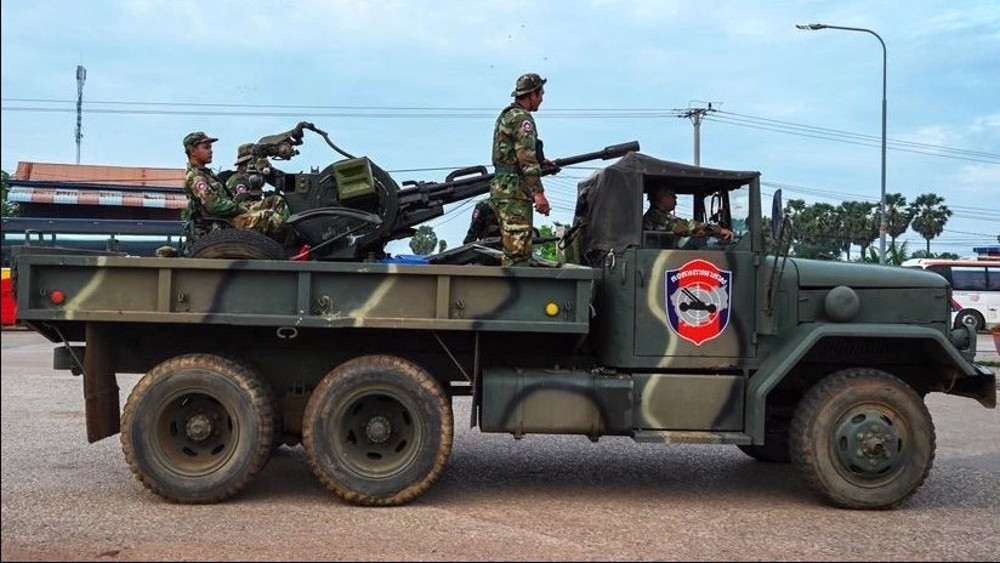



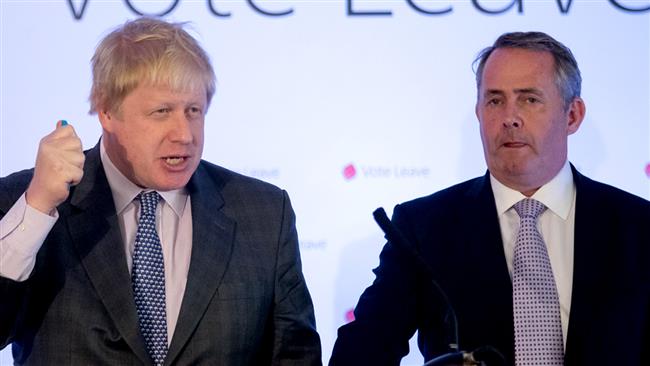
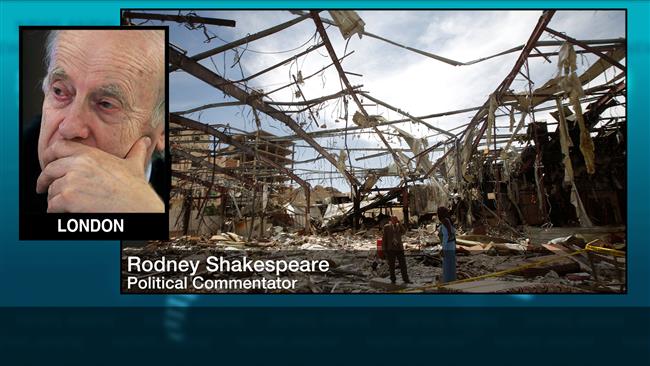

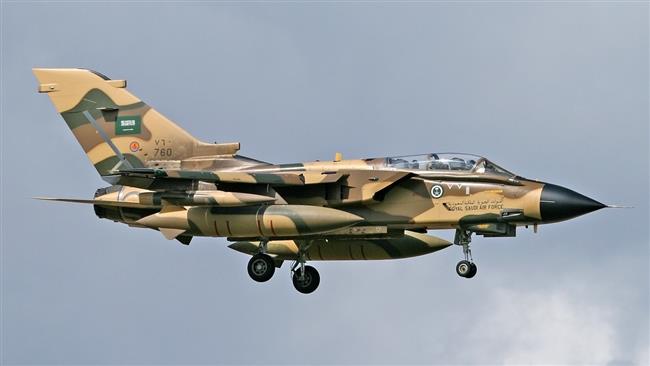
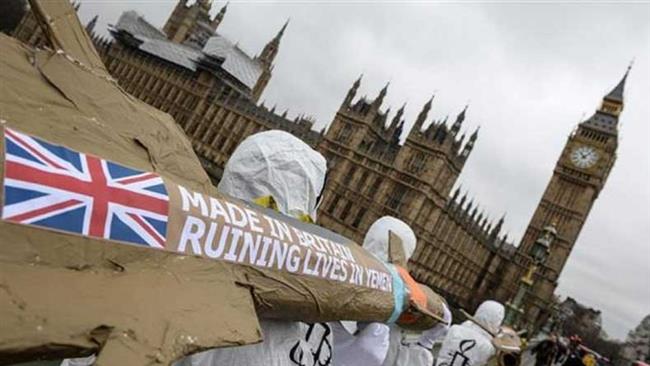

 This makes it easy to access the Press TV website
This makes it easy to access the Press TV website